‘The beginning of the end?': Experts warn as Antarctic sea ice sets record low for second year.
February 21, 2023Tweet
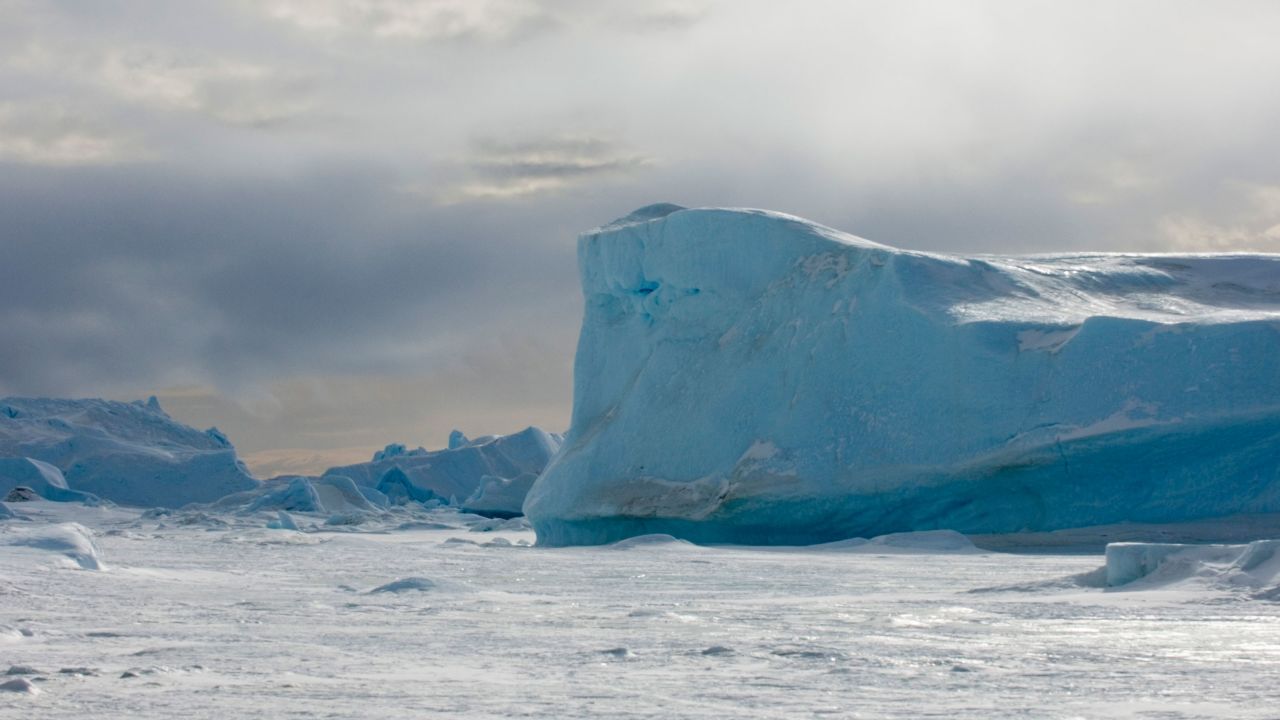
(CNN) ⸻ Antarctica's sea ice has reached record low levels for the second time in two years, with some scientists alarmed that dramatic drops are a signal the climate crisis may now be more clearly influencing this vast, complex and isolated region. The last two years mark the only time that sea ice levels have dipped below 2 million square miles since satellites began monitoring it in 1978. Antarctic sea ice extent has swung up and down, making it harder to figure out how the continent and its surrounding ocean are responding to global heating. Climate models projected declines in Antarctic sea ice that were similar to the Arctic, but until recently the region was behaving completely differently than those models predicted. The Antarctic Peninsula is one of the fastest warming places in the Southern Hemisphere, with air temperatures 1.5 degrees Celsius above the long term average and a belt of westerly winds which can increase sea ice melt.
There are also suggestions that sea ice may be melting because of warmth trapped just below the surface of the ocean. The disappearance of sea ice can have cascading effects in Antarctica and beyond, leaving coastal ice sheets and glaciers exposed to waves and warm ocean waters, making them much more vulnerable to melting and breaking up. This could have significant impacts on its wildlife, from microorganisms and algae to penguins and seals. Carlos Moffat, an oceanographer at the University of Delaware, has just returned from a research trip to the Antarctic Peninsula, where he found low sea ice and very warm ocean temperatures. This year's conditions are against a backdrop of long-term change in this region of Antarctica, and last year, scientists said West Antarctica's Thwaites Glacier was "hanging on by its fingernails".
Scientists have estimated global sea level rise could increase by around 10 feet if Thwaites collapsed completely, devastating coastal communities around the world. It is too early to say whether the record sea ice decline is the new normal or whether it will bounce back, but it does feel like something has changed in the Antarctic and that things are fairly dramatic.
Comments
Related news

Beijing issued a warning to American warship in the South China Sea.
Read more
On the American drone accident in the Black Sea, Russia
Read more
Johnson and Johnson consents to a record payment for instances of talc cancer.
Read more
- Ken Griffin Government bailouts are a symptom of the end of capitalism.
Read more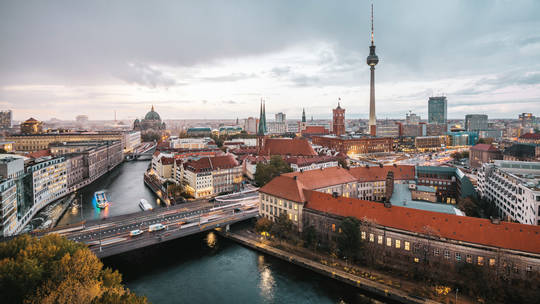
German debt hits a record level.
Read more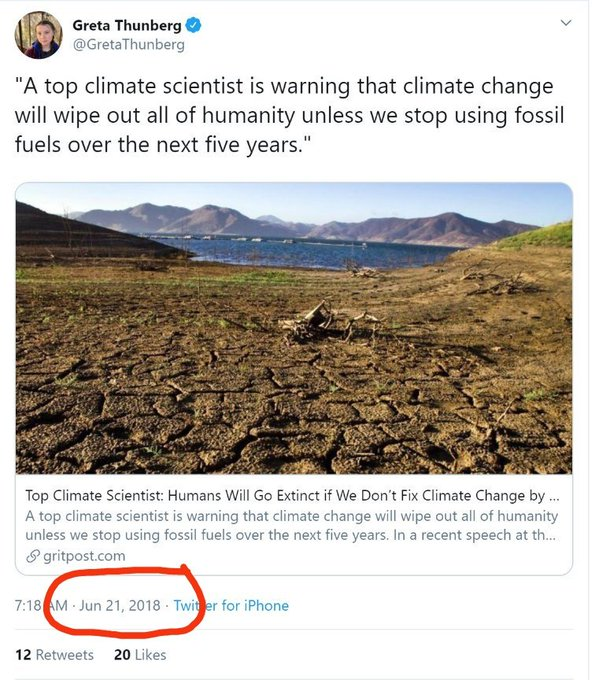
The "end of the world" tweet is removed by Greta Thunberg.
Read more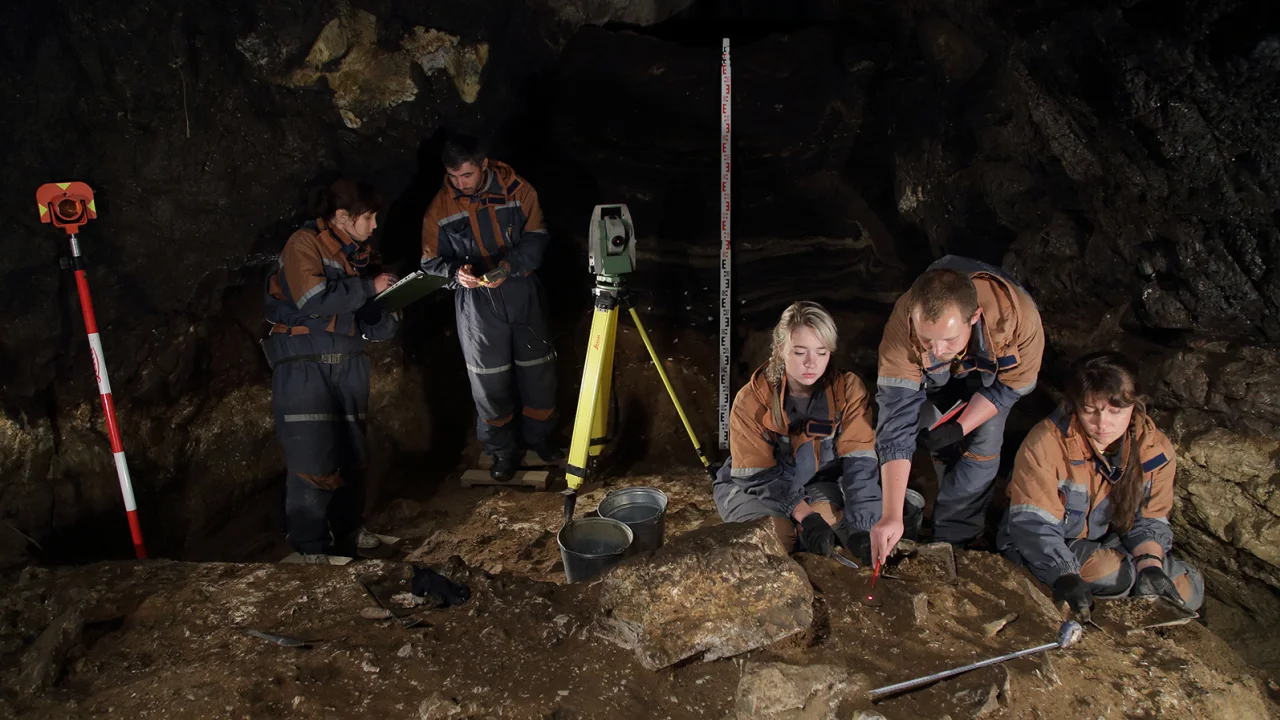
Ancient DNA extracted from a 25,000-year-old jewellery provides surprising data about its user.
Read more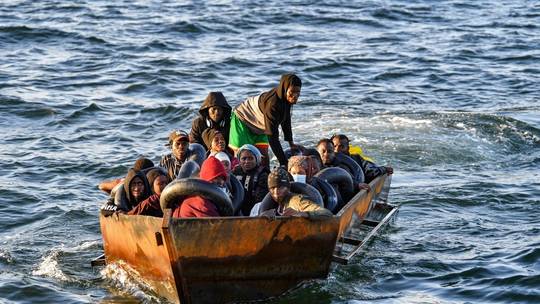
migrants crossing the Mediterranean in record numbers
Read more
Macron wants the French pension system in place by the end of the year.
Read more